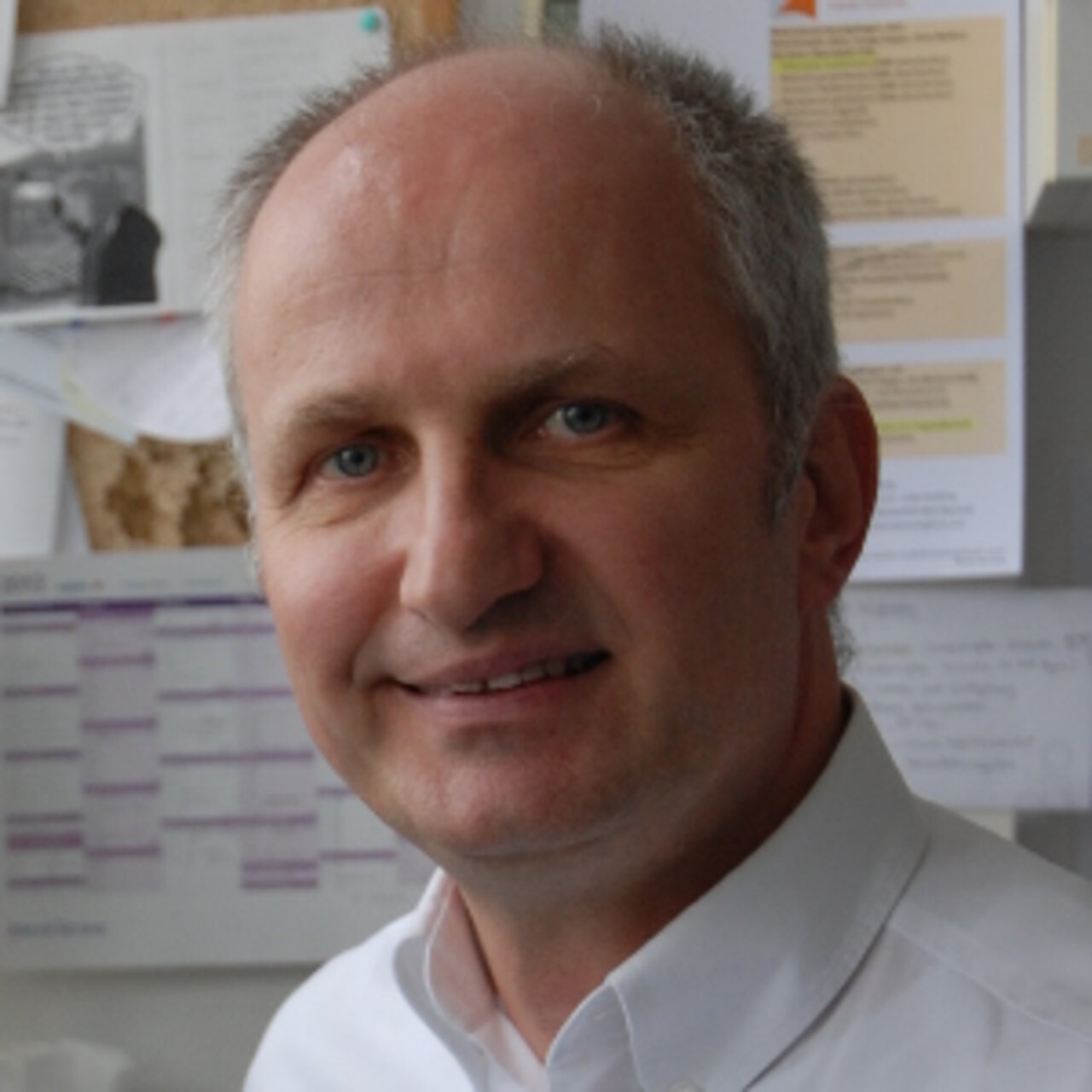Specialists in Reproductive medicine
1 Specialist found
Information About the Field of Reproductive medicine
What is reproductive medicine?
Reproductive medicine is a branch of human medicine. Its main focus is on the diagnosis and treatment of sterility and infertility in men and women. Reproductive medicine uses two different methods:
Firstly, techniques which aid natural conception. This method includes diagnostic procedures to identify the causes of infertility in men and women, to eliminate existing impotence, to surgically open the female reproductive tract (especially the fallopian tubes), or hormone treatments to support ovulation.
The second method is assisted reproduction. Oocytes - immature eggs - are usually obtained from the woman and brought together with sperm cells transferred in various ways so that the egg cell can be fertilized.
Opinions and techniques of reproductive medicine have changed fundamentally in the last 30 years. In Germany alone, 10,000 babies are born every year through artificial insemination. Therefore the social image of reproductive medicine has changed fundamentally.
When should a couple visit a fertility clinic?
The reason for a consultation with a specialist in reproductive medicine is an unfulfilled desire to have children. Physicians describe a couple as being unfertile if fertilization has not taken place after at least one year of regular sexual intercourse without contraception. Contrary to many myths, about one third of infertility is caused by men, one third by women and one third by both partners.
Infertility in men
The causes of infertility in men can be very diverse. In most cases, the man does not produce enough healthy and moving sperm. A distinction is made between the following types of disorder:
- disorders of sperm quality
- disorders of sperm production
- blocked transportation routes
- hormonal imbalances
- psychological factors
- erectile dysfunction.
Infertility in women
In women, too, the possible causes of infertility are many and varied and require a detailed diagnosis of the cause of infertility. The most common reasons are:
- cycle disorders
- advanced age
- inflammations
- myomas
- adhesions
- ovarian cysts
- endometriosis
- psychological factors.
Methods and procedures used in reproductive medicine in Germany
The focus of reproductive medicine today is on assisted reproduction, which includes various reproductive techniques relating to in vitro and in vivo fertilization. The most common methods of reproductive medicine are:
Insemination with or without hormone treatment
During insemination, the sperm is introduced directly into the uterus through a thin tube by a specialist in reproductive medicine. It can be carried out with or without hormone treatment to trigger ovulation. The sperm can also be specially processed before insemination.
In vitro fertilization (IVF)
IVF involves a short operation to remove eggs from the woman's ovaries after hormone treatment. Afterwards, the eggs are placed in a test tube together with the sperm of the man. If a reaction is observed after about 18 hours, fertilization was successful. The doctor now selects a maximum of three cells that they want to develop into embryos. If the cells have divided in the meantime, they are officially considered embryos. After four to five days, they can be implanted into the woman's uterus via a tube.
Learn more about the IVF procedure
Intracytoplasmic Insemination (ICSI)
ICSI is based on the same procedure as IVF. However, it only needs a single sperm cell that is inserted directly into the egg. ICSI is usually used when there are disorders in the sperm quality of the man - or when a previous in-vitro fertilization has not been successful.
Other methods of reproductive medicine are:
- cycle control to determine ovulation
- hormone treatment to induce ovulation
- hormone treatment in the second half of the cycle to help the embryo to implant
- polar body diagnostics
- sperm extraction from the epididymis (MESA) or the testicle (TESE) to perform ICSI
- cryopreservation of eggs and semen for artificial insemination at a later stage
- assisted hatching: treatment of the embryo's ovum shell to facilitate implantation.
Chances of artificial insemination
In order to be able to assess the realistic chances of artificial insemination in the fertility center, it is important to know that even a healthy couple has only a 30% chance of becoming pregnant per cycle. It is therefore obvious that reproductive medicine, no matter by which method, cannot exceed this probability. According to the "German IVF Register", the average pregnancy rate after IVF treatment in Germany is just under 20% per cycle. The chances of success for ICSI therapy are slightly higher.
How can the chances of artificial insemination be increased?
In principle, the causes of an unwanted pregnancy should, if possible, be precisely identified before artificial insemination in a fertility clinic or practice. Only in this way can the best individual procedure be carried out by the reproductive physician. In order to increase the chances of artificial insemination, the same recommendations apply as for a natural conception. The following measures can be used by couples having difficulties conceiving during artificial insemination:
- healthy nutrition
- sufficient sleep
- sufficient exercise
- giving up nicotine
- minimizing alcohol consumption
- sufficient relaxation to relieve stress.
Which doctors and clinics are specialists in reproductive medicine?
A couple clearly wants the best medical care if it is having difficulties conceiving, which is why it is natural for them to want to know: how do we find the best fertility clinic or the best fertility center in Germany for artificial insemination?
Since this question cannot be answered objectively and a serious doctor would never claim to be the best, they can only rely on the expertise of a fertility clinic.
The more reproductive procedures a doctor has carried out, the more expert he becomes in his specialty.
As such, specialists in reproductive medicine are gynaecologists who specialize in fertility treatment. Their experience and many years of activity as reproductive physicians make them the right contact in the case of infertility problems.
